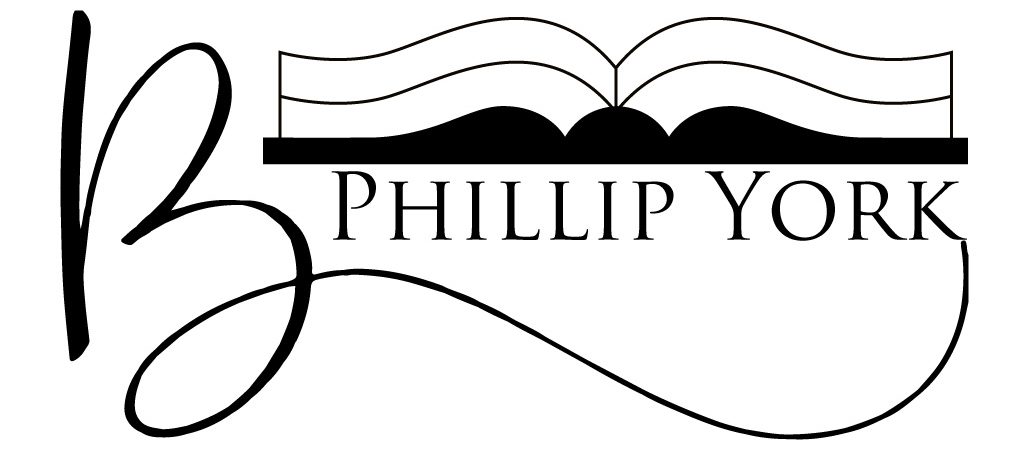On December 10th, 2009, Red Letter Media published on Youtube a 7 part review of The Phantom Menace. It’s harsh, brutal even, and somewhat gross. There’s a sub-plot in the reviews about who the reviewer is that is quite dark, but it’s also a genius review.
 In fact, I would argue that this review of The Phantom Menace makes The Phantom Menace itself somewhat better, or at least more artistically valuable, because this review is so good. What the review does which is so valuable is breaks down what’s wrong with The Phantom Menace, largely by comparing it to Star Wars: A New Hope, as well as other popular fantasy and science fiction properties.
In fact, I would argue that this review of The Phantom Menace makes The Phantom Menace itself somewhat better, or at least more artistically valuable, because this review is so good. What the review does which is so valuable is breaks down what’s wrong with The Phantom Menace, largely by comparing it to Star Wars: A New Hope, as well as other popular fantasy and science fiction properties.
 Cinema is a form of storytelling, just like writing is. But, it’s a visual and auditory medium, so some of the tropes and techniques are different. I think considering these other forms of entertainment can be very valuable. There’s also the reality that storytelling is storytelling, regardless of medium, and reflecting on how someone accomplishes an aspect in storytelling in another medium can help inform you on how to accomplish that same goal in a written work.
Cinema is a form of storytelling, just like writing is. But, it’s a visual and auditory medium, so some of the tropes and techniques are different. I think considering these other forms of entertainment can be very valuable. There’s also the reality that storytelling is storytelling, regardless of medium, and reflecting on how someone accomplishes an aspect in storytelling in another medium can help inform you on how to accomplish that same goal in a written work.
It’s clear from the review that in fact Red Letter Media loves Star Wars. They love science fiction, and fantasy, and creative works that expand the mind. They have published a number of reviews of science fiction properties, and I would opine that a driving force behind this is frustration at how bad the storytelling often is in science fiction properties.
Genre readers and writers may feel some of this same frustration. What is the purpose of yet another story featuring a young chosen protagonist who through their birthright is heir to special powers, and must go on a journey to discover their own inner worth, overcome their reluctance, ride something crazy (a dragon), wield a special weapon (a sword), and become the hero they were meant to be in order to save the world? And yet these same stories have been churned out for quite some time. There are cultural touchstones to reflect on, and obviously if you can bring something new to this plot, by all means, but so often these stories seem like they come out of a factory.
And on top of the characters and plot being generic, the writing, the prose, is often mediocre at best.
I don’t know a lot about  cinema, and one of the things I love about these reviews is they put feelings and ideas I had about both A New Hope and The Phantom Menace, is they explain moviemaking, and help generate a critical vocabulary to talk about film.
cinema, and one of the things I love about these reviews is they put feelings and ideas I had about both A New Hope and The Phantom Menace, is they explain moviemaking, and help generate a critical vocabulary to talk about film.
In some ways it’s easier to teach someone about storytelling through film (especially when there’s a deliciously ironic special edition with interviews with cast and crew available to cut too) the voice-over can be accompanied with images from the film.
Writing an essay about writing criticism can be tough to swallow, it’s just a very dry subject. But a video can be fun and funny and still teach you how to make good movies, and you can take that instruction about making good movies and apply it to storytelling, and writing.
One of the things that I think Phantom Menace betrays about Hollywood is the absolute contempt that studio execs seem to feel towards science fiction and fantasy. The plotting is frequently formulaic, the films are actually action films, but they’ve replaced guns with swords or laser swords, and the trappings are meant to be enough to bring in nerds, and so things like characterization, or growth, or a decent plot, or interesting concepts can be thrown by the wayside.

